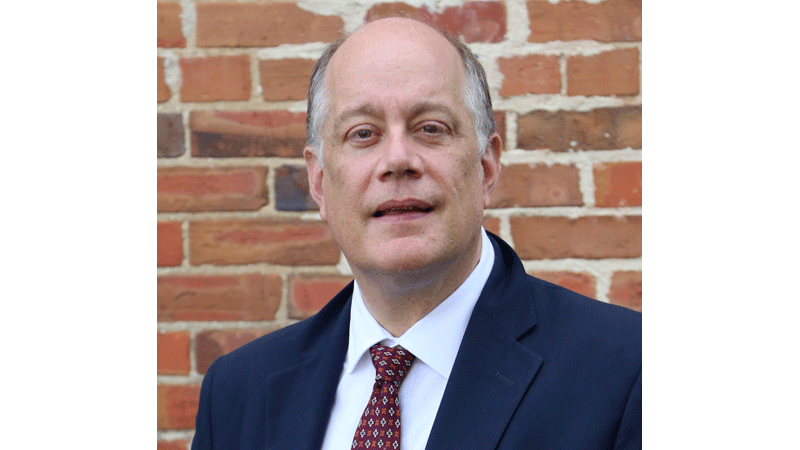Point of no return
Published 10:27 am Friday, June 24, 2016
After nearly two decades of ignoring warnings from ecologists, meteorologists, geologists and scientists from all manner of disciplines, it is time we all face the facts.
May 2016 was the 13th-consecutive month to break the world record for highest average temperature.
The enormity of this cannot be overstated. For the 13TH month in a row, the average temperature has been higher than it has been in the ENTIRE climatic history of the planet.
Of course, weather is not climate — climatologists use the word “weather” to denote a specific event in a limited geographical area, such as a thunderstorm striking Capron or a cold front moving through Isle of Wight County, while the term “climate” describes how the atmosphere behaves over time. So while here in Western Tidewater we had a cool, rainy May, that does not preclude global temperatures from rising to record-breaking levels.
We are swiftly approaching a turning point, after which human activity will have done irreparable damage to the environment. Human intervention cannot reverse the temperature increases that have already taken place, but it can prevent further increases.
The Intergovernmental Panel on Climate Change, a scientific body created in 1988 by the United Nations to evaluate the risk of climate change caused by human activity, posits that in the long run, stemming the flow of greenhouse gases into the atmosphere can stabilize the earth’s surface temperature.
The majority of greenhouse gas emissions are caused by burning fossil fuels, deforestation, large-scale livestock farming, the use of manmade fertilizers and industrial processes.
Living in an agrarian community, I understand that it would be frivolous to even entertain the idea of reducing livestock operations or discouraging the use of synthetic fertilizers.
Luckily, in the past few weeks, Southampton County has been presented with an excellent opportunity to reduce our carbon footprint, while giving a much-needed boost to its tax base.
Community Energy Solar LLC has filed an application with the county to establish a 1,200-acre solar farm between Newsoms and Boykins. If approved, the project is expected to be able to provide “green” electricity — that is, electricity that does not emit carbon emissions — to roughly 20,000 homes in the Western Tidewater area.
Project leaders estimate that a combination of land and equipment taxes on the solar farm will bring in an additional $350,000 to $400,000 in tax revenue to the county each year In a report published in 2009, the Environmental Protection Agency estimated that the “typical” household’s electricity use emits 14,920 pounds of carbon annually.
This means that the proposed Southampton Solar project could prevent the emission of 298 million pounds of carbon a year, beginning in late 2017.
That is an outstanding reduction in our greenhouse gas emissions. And to think, it can be achieved without any government regulations or drastic changes in behavior on our part.
The board of supervisors, the Virginia Department of Environmental Quality and PJM Interconnection, a regional transmission organization that oversees power procurement, must approve the project before construction of the solar farm can begin.
Again, I will say that we cannot expect our farmers to cease the use of synthetic fertilizers or scale down their livestock production without serious harm to our local economy.
But we can find other ways to reduce carbon emissions by developing alternate energy sources that don’t rely on fossil fuels, by following the simple tricks we all learned in second grade science (recycle, turn off unnecessary lights, etc.), and by encouraging our local governments to embrace the “green revolution” so that we might find solutions to curb the effects of global warming.
Make no mistake, this is not a miracle cure-all. There is still much that can be done to protect the environment for future generations.
But it is an important first step in reducing greenhouse gas emissions. It is my hope that it is that Western Tidewater, and the rest of the United States, begin to more aggressively pursue such initiatives to prevent climate change.
WALTER FRANCIS is an intern at The Tidewater News. Contact him at 562-3187 or walter.francis@tidewaternews.com.





